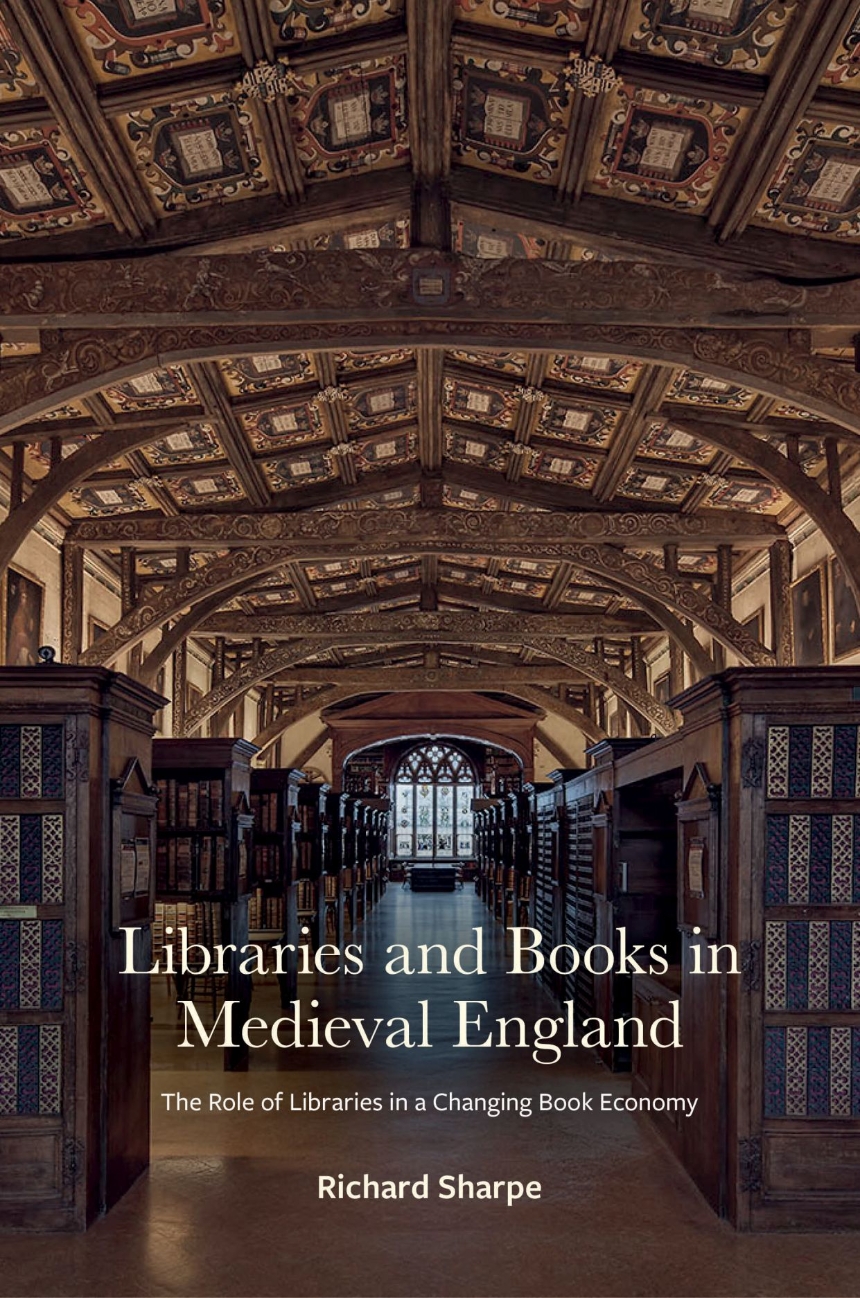Libraries and books in medieval England: the role of libraries in a changing book economy
 A history of books in medieval England, including libraries, private ownership, and the birth of the book trade.
A history of books in medieval England, including libraries, private ownership, and the birth of the book trade.
Medieval England was full of books, but when the country’s monasteries were suppressed by King Henry VIII their libraries were scattered and lost. Twentieth-century historians have long worked to discover what those libraries once held. This volume, by the country’s leading expert in the field, paints a new picture of the history of books and libraries in medieval England from an impressive array of available evidence.
To reconstruct the transmission of culture in the Middle Ages, scholars need to understand and employ with care the evidence of both surviving books and medieval library catalogs. Libraries and Books in Medieval England seeks to move away from the modern conceptualization of the monastic library as the only venue for medieval book provision, broadening awareness of the wider book economy, including private ownership and the birth of the book trade. The result, based on author Richard Sharpe’s Lyell Lectures at the University of Oxford, is a work that offers an unparalleled view of the field.
zum Buch im ULB-KatalogPlus
zum Buch auf der Verlags-Website
Victorian love letters in literature and art
 In Victorian times, when postal reforms and technological progress revolutionized communication, letter writing became more widespread than ever. Love letters, in particular, continued to be central in the courtship ritual. However, as new ideas about love and marriage came along, they no longer exclusively represented the quintessential romantic form in the popular imagination.
In Victorian times, when postal reforms and technological progress revolutionized communication, letter writing became more widespread than ever. Love letters, in particular, continued to be central in the courtship ritual. However, as new ideas about love and marriage came along, they no longer exclusively represented the quintessential romantic form in the popular imagination.
Through a close analysis of a broad corpus of Victorian correspondences, novels and paintings, this book demonstrates that novelists and painters who dealt with the ever-recurring themes of love and marriage could not refrain from incorporating an epistolary element into their works. Letters still inspired artists of all kinds, and advances in communications, rather than displacing them, made people more aware of the essence and potentiality of this medium.
zum Buch im ULB-KatalogPlus
zum Buch auf der Verlags-Website
